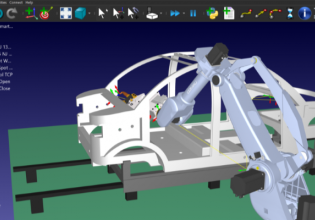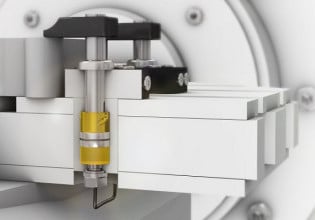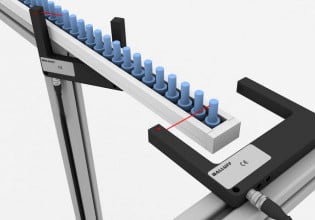A
Hi guys, I just finished the program, Electronics Engineering Technology from a college recently. Now, I am thinking to take a course, c or c++ programming for my electronics field. As I know, in computer field, most programmers are using c++ to make software. But I am not sure that in Electronics field, we are using c programming more often than c++ programming, right?! Will c++ replace c programming in electronics field very shortly? Which programming language should I take for my ELECTRONICS field? Please advise, thank you.






